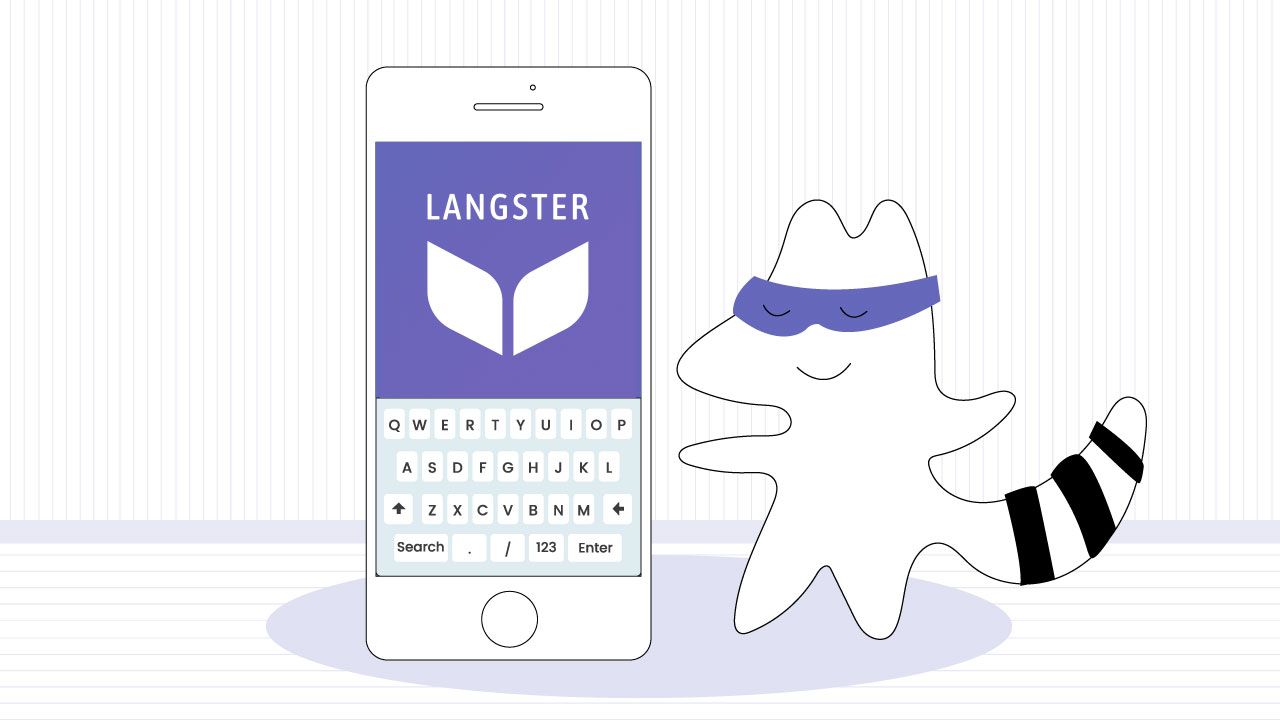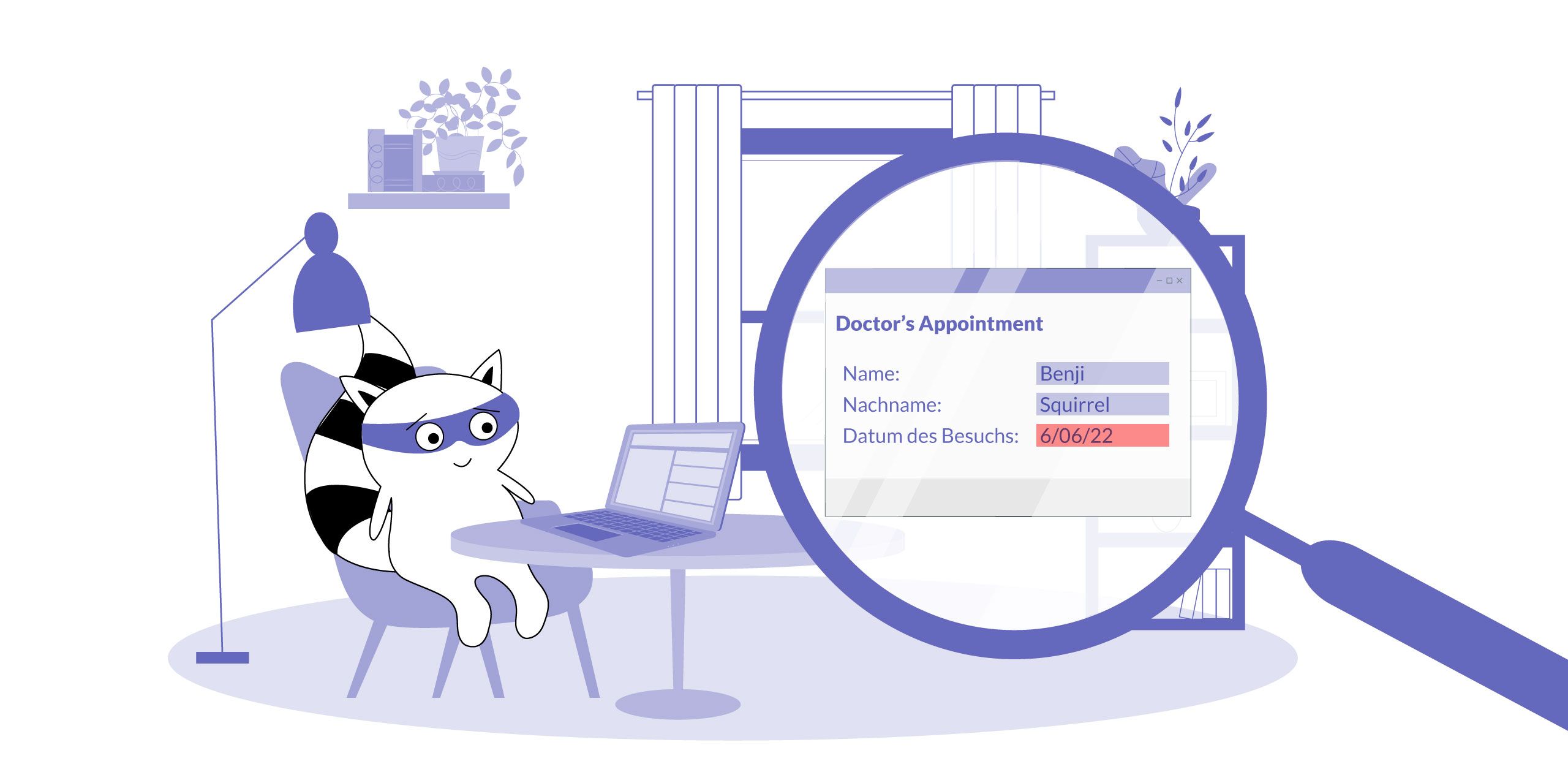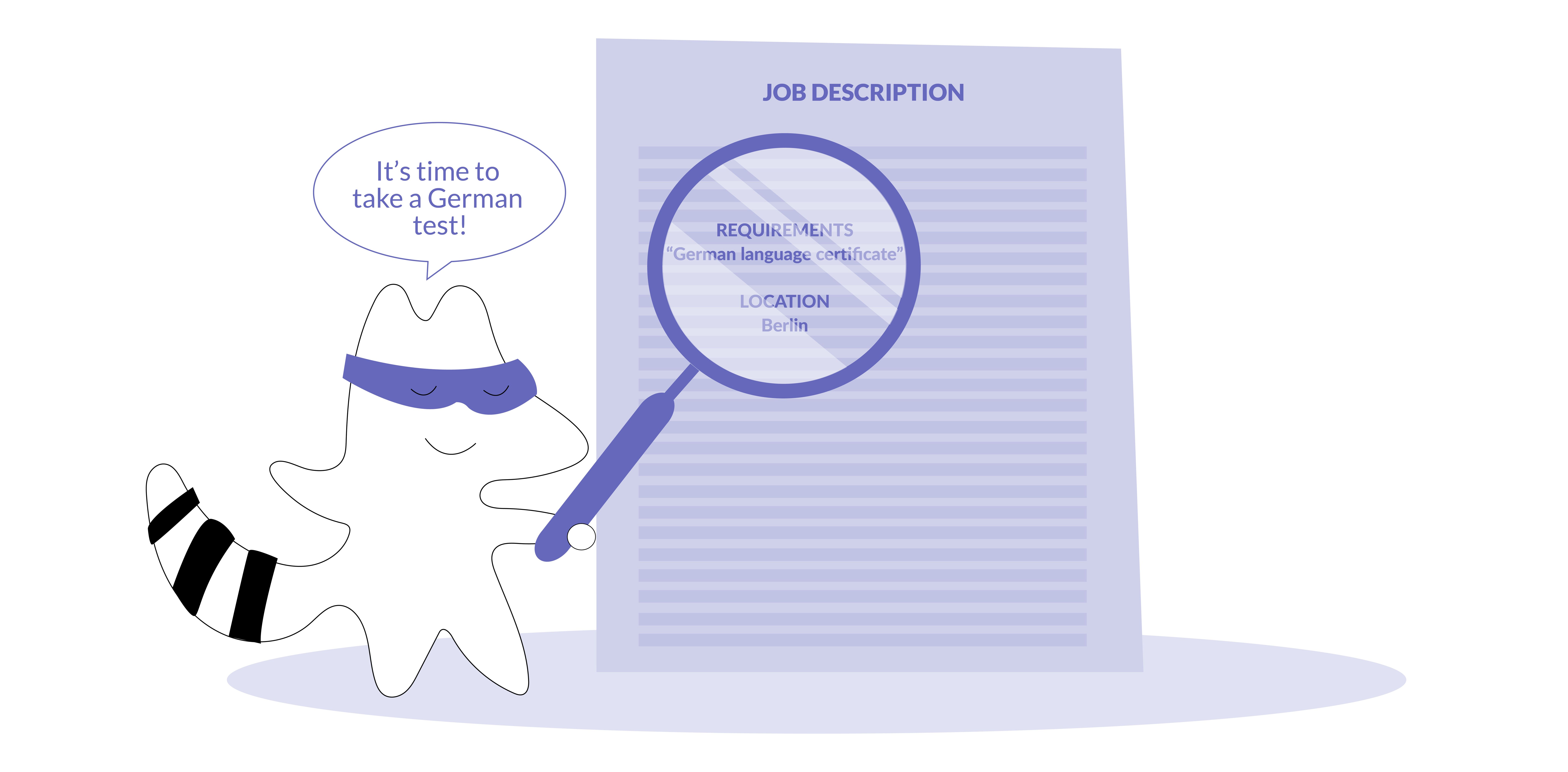
In order to speak German fluently, it’s important that you not only focus on your language skills in the classroom or during self-study but also put those skills into practice as often as possible.
Speaking German can be challenging, especially at the beginning, when you haven’t mastered the pronunciation yet and haven't gotten used to compound words. However, even though the German language can seem hard, it’s actually not that tricky to start speaking it.
Below, let's look into several ways to improve your German speaking skills, from practicing with language apps to conversing with native speakers. Read on, find something that seems fit for you, and start using German like a native speaker.
Learn German with Langster
Enjoy German Media
Probably the most fun way to learn German and improve your speaking skills is by enjoying German media, such as reading German books or watching German TV. This way, you not only get to learn new German vocabulary but also discover more about the culture and the people, all while getting some entertainment.
There is a whole variety of German books and TV shows that you can watch to improve your fluency. If you’re a beginner, start by reading children’s books or watching children’s TV shows. They are usually slower-paced and have simpler sentences, so they’re perfect for beginners.
As you progress in your language skills, move on to novels or news programs. Watching a movie in German is another great way to improve your fluency, learn new German phrases, and boost your vocabulary. You can also choose something with English or German subtitles so that it's easier to follow along and understand what’s going on.
And then, of course, if you're tired of just books and TV, there's a whole world of other German content: YouTube videos, podcasts, short stories, news websites, and many more. They can give you a great insight into how native German speakers converse and function and also help you dive a bit deeper into German culture.
It’s important to make sure that you only use media in German that are at your level. Trying to read or watch things that are too difficult might frustrate you and set you back in your language-learning progress. Try to keep yourself motivated, and look for content that can be both helpful and enjoyable.

Have Real-Life Conversations
Another great step you can take to speak fluent German is by having real-life conversations in this language. You can do this in a variety of ways, whether by speaking with other language learners, like your classmates, or setting up a conversation exchange with native speakers.
When looking for opportunities to speak German, make sure that you prioritize those activities where others speak only in German. It might seem daunting at first, but the more you do this and attempt to speak like a native speaker, the easier it will get. Try not to worry about making mistakes, and simply speak from your heart.
If you are looking to speak German more regularly, consider joining a language-learning meetup or starting your own conversation exchange. This way, you can find people who speak German and want to practice their English at the same time. You could also attend local German-speaking events, if those are happening in your area.
Finally, you can always register on a language exchange website and start chatting with native speakers online. These websites often function on a free basis, and allow you to teach another person your native language in exchange for them helping you with German.

Use a Language-Learning App
Some apps are made specifically to help you start speaking German fluently. Most of them let you learn and practice German through different exercises, such as repeating sentences after native speakers or pronouncing German words out loud into your phone.
Apps made for learning German can vary: there are those where all the exercises are in German, those that focus solely on speaking, flashcards apps, and many more.
Our recommendation is, of course, Langster. In this language app, you can learn German by reading short stories, listening to them being read out loud by native speakers, doing quizzes, and checking short grammar points. This won't only help you boost your vocabulary and grammar skills in an entertaining way but also allow you to get a bit better at speaking German.

Remember About German Grammar
Native speakers will still like you if you don’t use the correct rules in their language. However, if you are keen on speaking fluent German, learning how to properly use grammatical constructions is a must.
Now, German grammar can be tricky, especially for English speakers. However, by taking the time to learn about noun genders, articles, prepositions, verb conjugations, and sentence structure, you will be able to make your speech sound more like that of a native speaker.
Fortunately for you, there are many resources online where you can find valuable information on German grammar.
To start with, this guide is a great place to begin: it’s simple and concise, but helps you decide where and how to start. You can also visit our grammar page to get more detailed explanations.
However, you can also learn German grammar on YouTube, via podcasts, in practice by watching German media, or simply by doing grammar exercises. And, if you want to dive deeper into the subject and get tips from expert teachers or native speakers, consider subscribing to an online course or attend local German classes in your area.
Look for Other German-Speaking Exercises
If none of the four tips above seem good enough for you, here's another one: don't stop looking. There are many ways to practice speaking German out there – you just have to keep exploring and find what works best for you. Look at the list of your language goals, and try to think of something that might help you achieve them.
Some examples include:
- doing reading exercises online
- learning short articles or poems by heart
- writing your own dialogues in German and reading them out loud
- giving presentations (even if just to yourself)
- having regular study sessions with other German learners
- trying German immersion methods – for example, going on a trip to Germany
- or even simply singing along to your favorite songs in German.

Bottom Line
Whatever way you choose to practice speaking German, remember that the most important thing is to be consistent and make it a part of your daily routine. With patience and persistence, you will surely improve your speaking skills and be able to speak fluent German sooner than you think.
Overall, learning a new language can be challenging, and improving your German speaking skills takes time and effort, but with the right tools, guidance, and motivation, it is definitely possible – even if you’re a beginner. Start using these tips today, and take your first (or next) step to speaking fluently in German.









